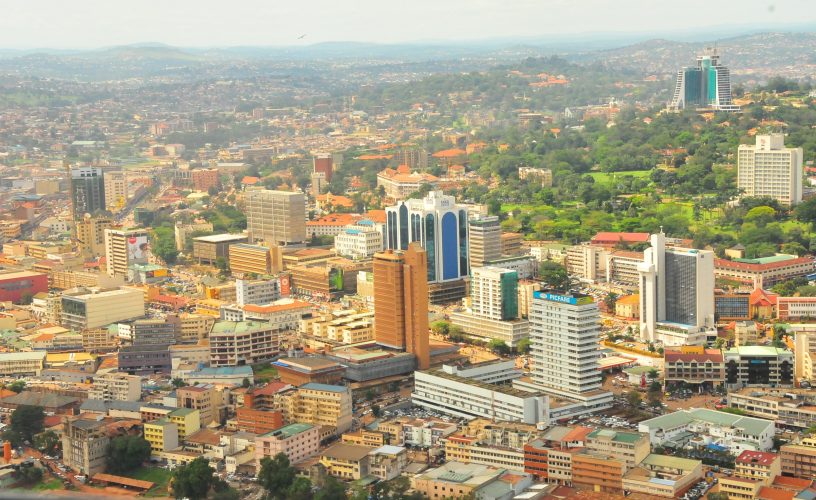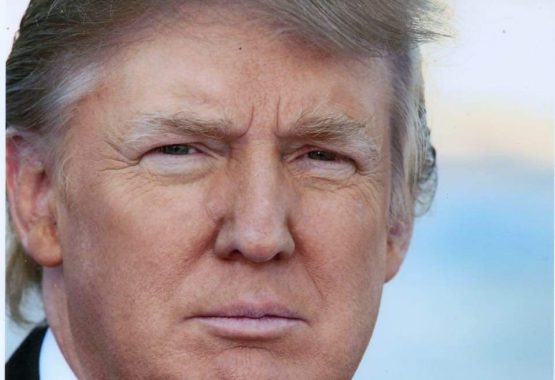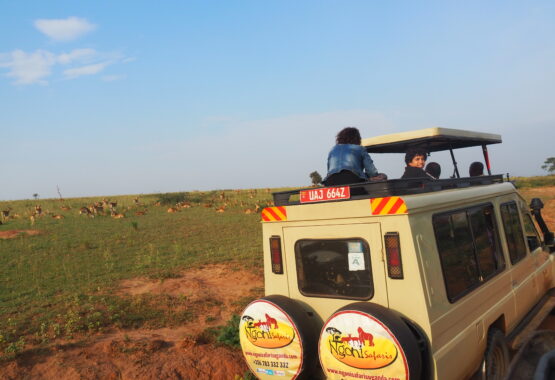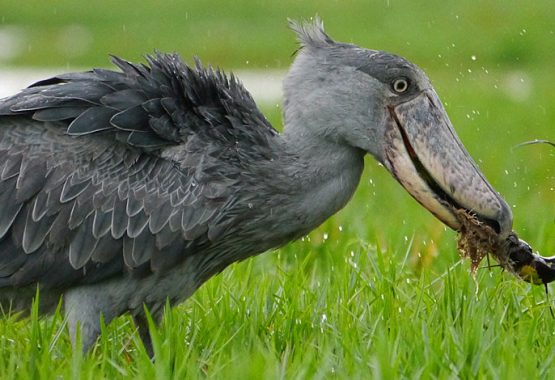Uganda , officially the Republic of Uganda (Swahili: Jamhuri ya Uganda),[1] is a landlocked country (except for its borders with Lake Victoria and Lake Albert) in East-Central Africa. It is bordered to the east by Kenya, to the north by South Sudan, to the west by the Democratic Republic of the Congo, to the south-west by Rwanda, and to the south by Tanzania. The southern part of the country includes a substantial portion of Lake Victoria, shared with Kenya and Tanzania. Uganda is in the African Great Lakes region. Uganda also lies within the Nile basin, and has a varied but generally a modified equatorial climate.
Uganda takes its name from the Buganda kingdom, which encompasses a large portion of the south of the country, including the capital Kampala. The people of Uganda were hunter-gatherers until 1,700 to 2,300 years ago, when Bantu-speaking populations migrated to the southern parts of the country.
Beginning in 1894, the area was ruled as a protectorate by the UK, who established administrative law across the territory. Uganda gained independence from the UK on 9 October 1962. The period since then has been marked by intermittent conflicts, including a lengthy civil war against the Lord’s Resistance Army in the Northern Region led by Joseph Kony, which has caused hundreds of thousands of casualties.[9]
The official languages are English and Swahili, although “any other language may be used as a medium of instruction in schools or other educational institutions or for legislative, administrative or judicial purposes as may be prescribed by law.”[2][10] Luganda, a central language, is widely spoken across the country, and several other languages are also spoken including Runyoro, Runyankole, Rukiga, and Luo.[3]





